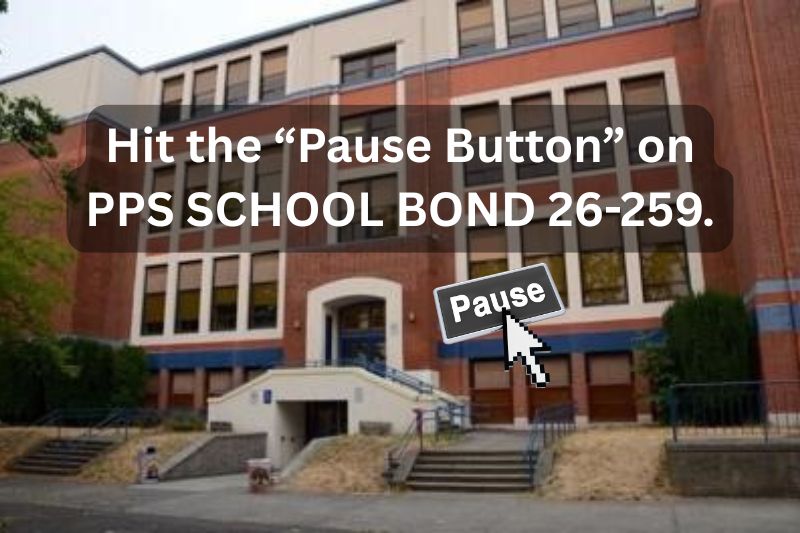By Mia Tiwana
Have you heard of “No-School November”? Portland Public School (PPS) students could be away from their desks for a long time this fall. The district is bracing for a potentially imminent teacher strike at the behest of their union.
This is a classic example of how taxpaying families have lost power in public education.
Despite the union’s heavy demands, including a 23 percent hike in teachers’ compensation packages, the union stated at a September school board meeting that they wanted to find a resolution. But school officials revealed a different story. The union didn’t seem interested in a compromise; after reaching a formal impasse with the union, PPS released a statement indicating they were “disappointed” when the union made no counter-proposal, in addition to ignoring a compromise package created by PPS.
This event highlights one truth: Unions don’t represent the best interests of students; yet, they hold significant sway over what happens in publicly funded schools.
If parents want their kids at schools with quality education, it’s time to look to school choice. School choice allows state-level education funding to follow students to the schools that best serve their needs. Seven states now have universal or near-universal school choice laws, giving opportunities for every family to choose where and how their kids are educated.
Parents, not unions, should be in the driver’s seat of their children’s education.
Mia Tiwana is a Policy Analyst at Cascade Policy Institute, Oregon’s free market public policy research organization.












